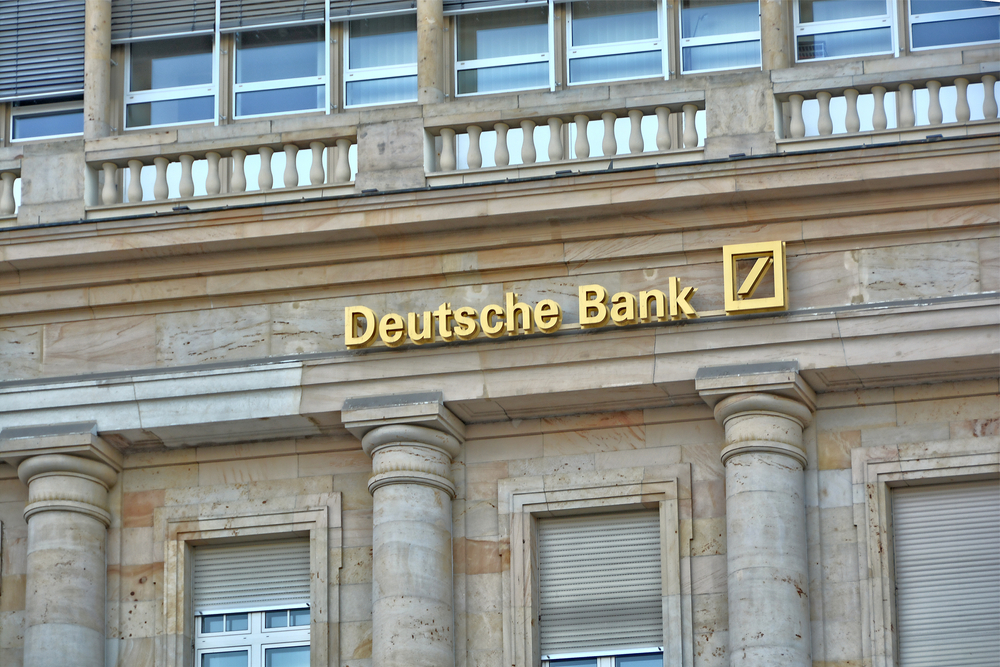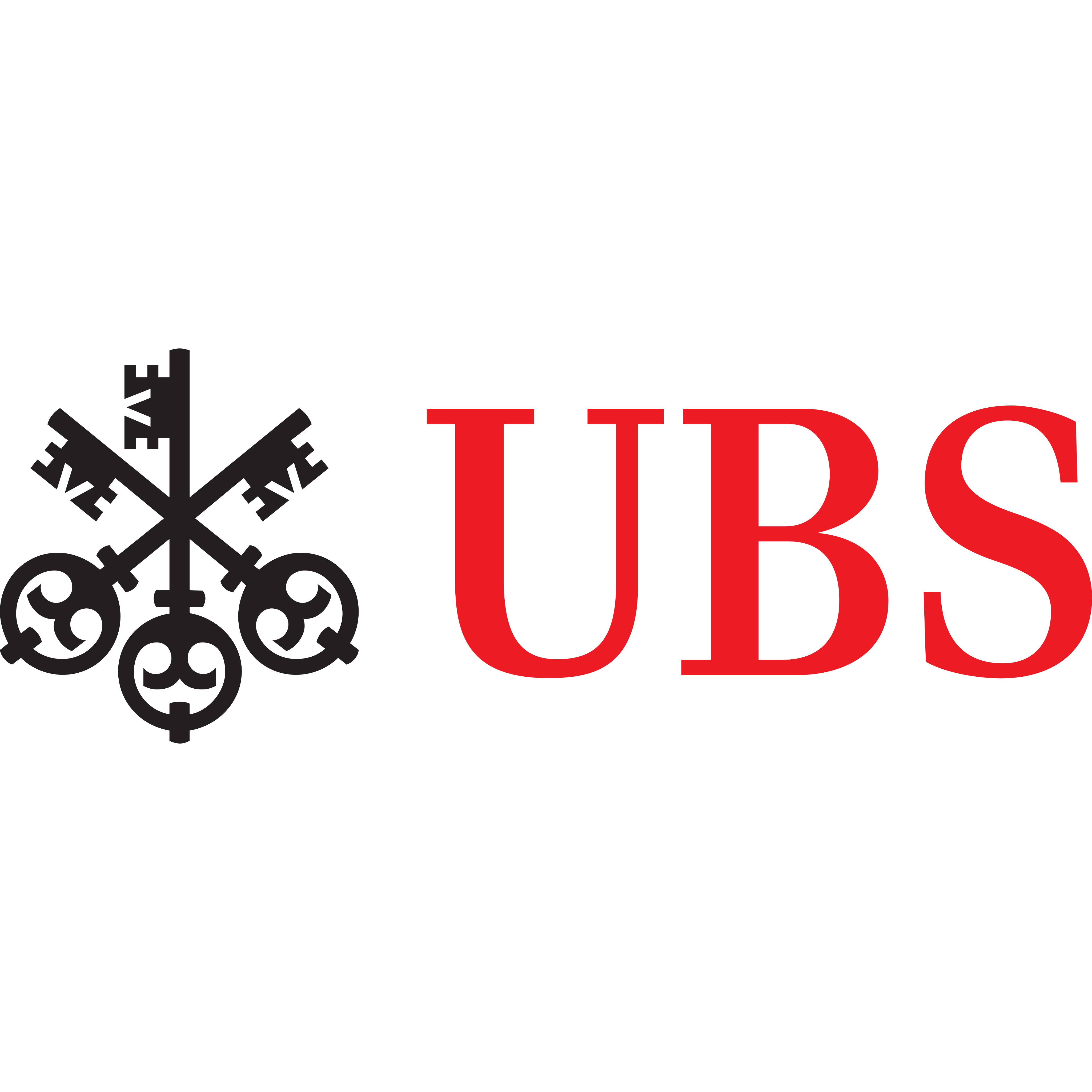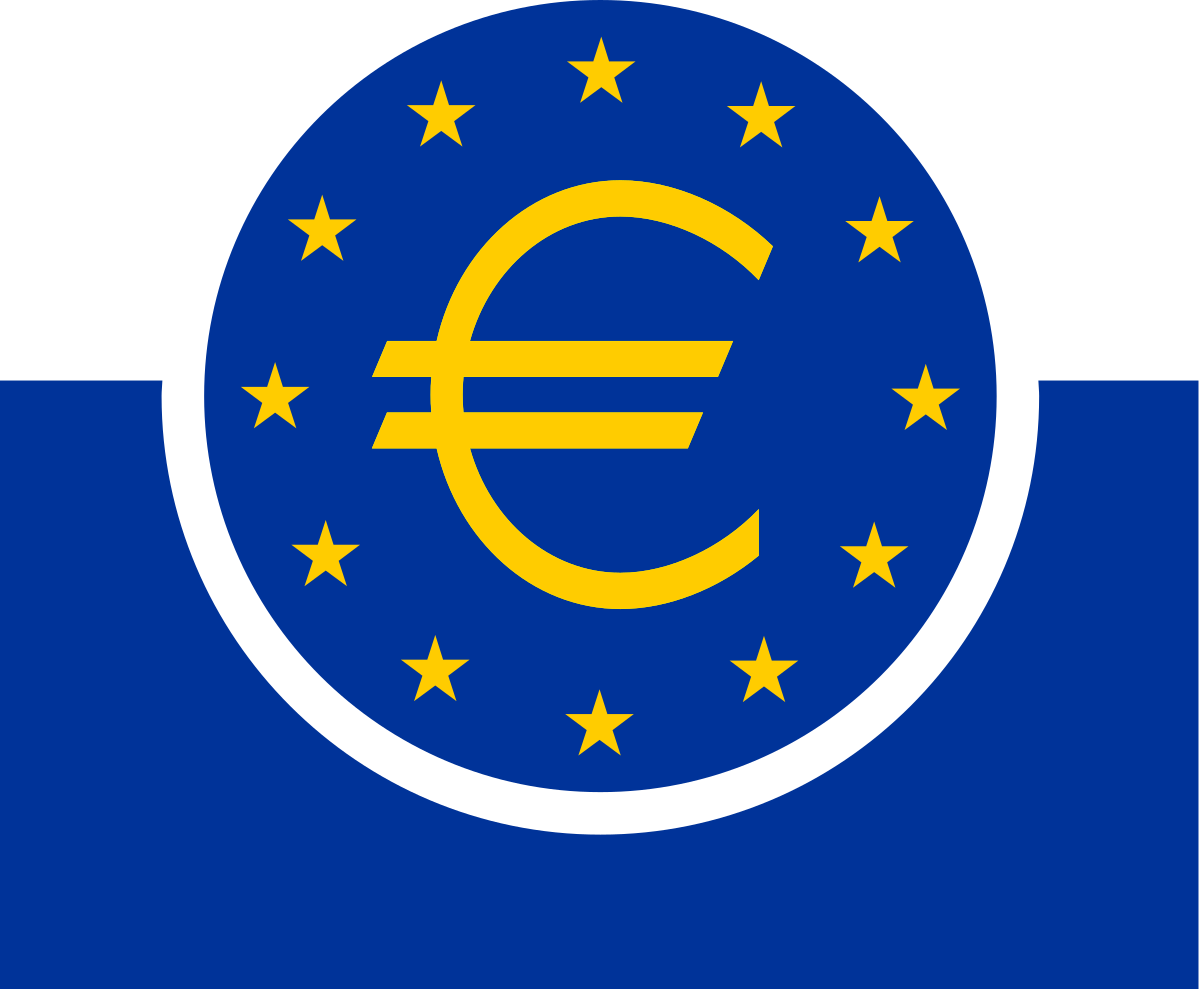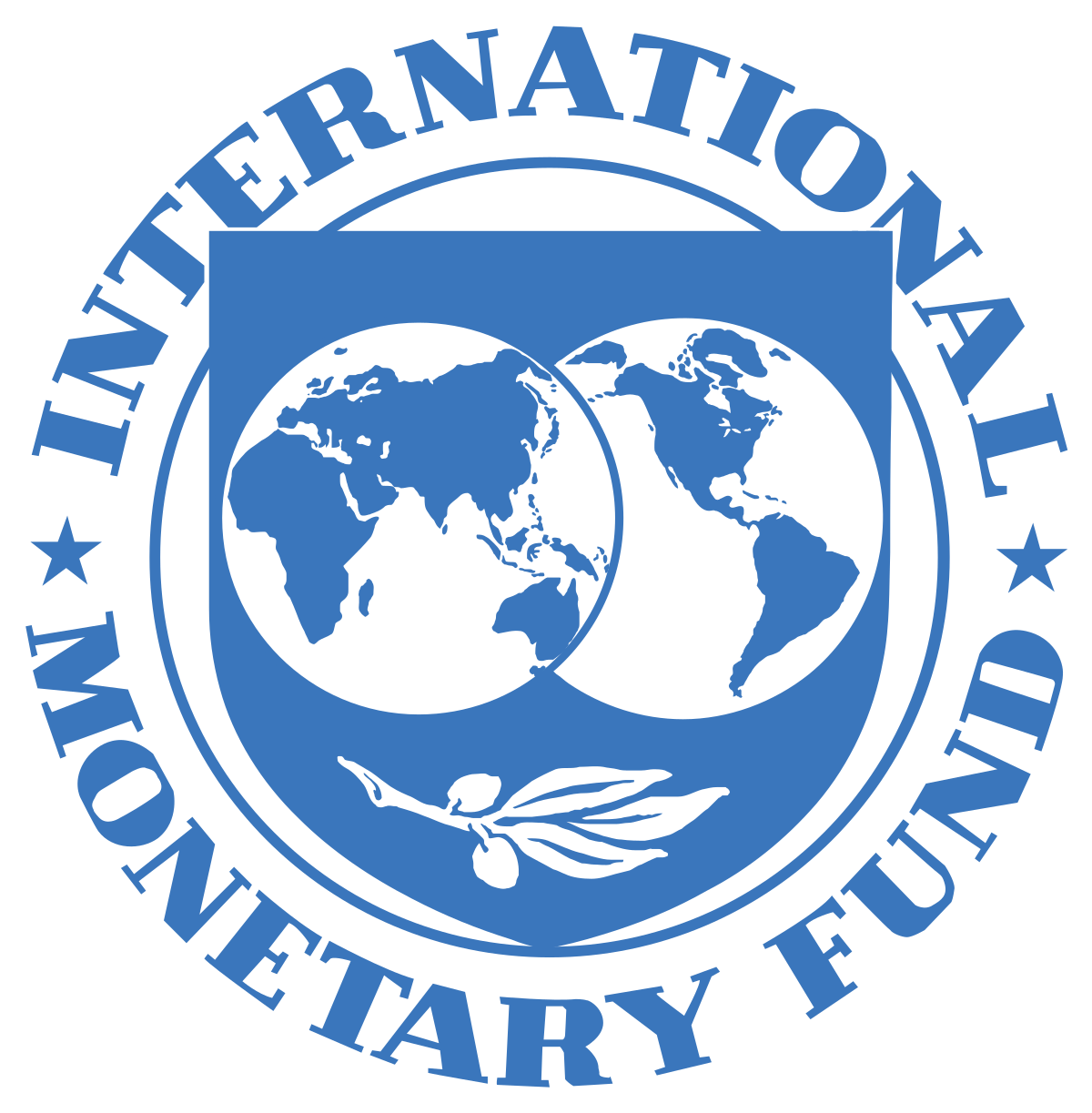There is mixed demand for bank ETFs in Europe with some investors viewing the recent sell-off as a buying opportunity while others are concerned about the risks of contagion.
According to data from ETFLogic, investors yanked a combined $326m from the Lyxor STOXX Europe 600 Banks UCITS ETF (BNK) and the Lyxor EURO STOXX Banks UCITS ETF (BNKE), as at 24 March.
Meanwhile, the iShares Stoxx Europe 60 Banks UCITS ETF (EXV1) saw $254m inflows over the same period highlighting the divergence in opinion about the outlook for the banking sector.
Contagion risks have spread through the banking sector following the collapse of Silicon Valley Bank (SVB) earlier this month.
The news spooked investors which led to a liquidity crunch at Credit Suisse that was only halted by UBS’s acquisition of its Swiss rival on 19 March in a deal worth $3.25bn.
After initially calming markets last week, European bank stocks plummeted on Friday amid further concerns about the health of the sector.
In particular, Deutsche Bank’s share price collapsed as much as 14.2% in Friday morning trading after the lender’s credit default swaps (CDSs) spiked to over 200 basis points (bps) on Friday, up from 142bps on Thursday.
The share price fall came after the German bank said it will redeem a Tier 2 subordinated bond early, a move that is intended to signal a strong balance sheet and add to investor confidence, according to Saxo Bank.
Chart 1: After Credit Suisse, Deutsche Bank shares under pressure
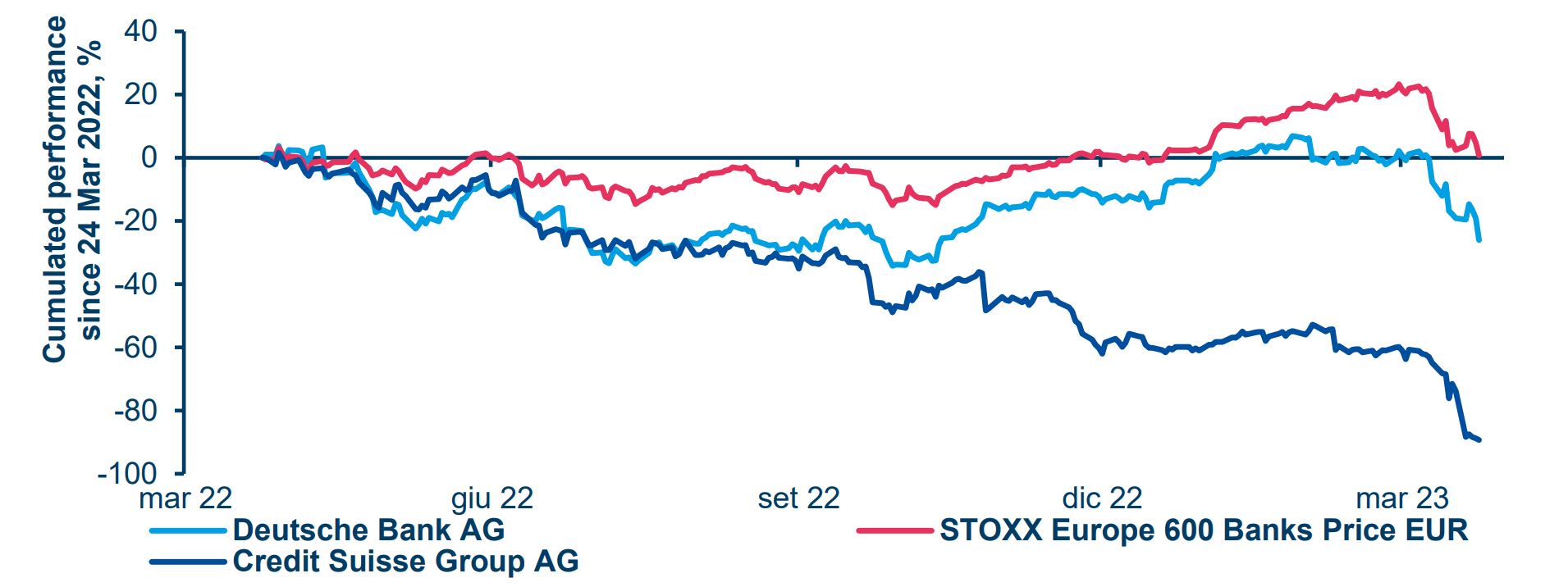
Source: Amundi Institute on Bloomberg, as of 24 March 2023
“There is no reason to be concerned about it,” was the response from German Chancellor Olaf Scholz in response to the news while European Central Bank (ECB) president Christine Lagarde said the banking sector is “strong”.
However, concerns over the outlook for banks led the International Monetary Fund’s managing director Kristalina Georgieva to warn that “risks to financial stability have increased”.
“At a time of higher debt levels, the rapid transition from a prolonged period of low interest rates to much higher rates – necessary to fight inflation – inevitably generates stresses and vulnerabilities, as evidenced by recent developments in the banking sector in some advanced economies,” Georgieva added.
However, the German giant’s share price is up 6.6% on Monday morning trading as investor nerves calmed.
“This is not 2008,” Chris Iggo, chair of the AXA IM Investment Institute, said. “However, markets have had their confidence in banks rocked, and investors have had to digest significant losses in both equity and credit markets
“In the European banking system, there is exposure to rising interest rates which could have generated unrealised losses on debt portfolios. However, European banks look in better shape than US regional banks.”
His views were echoed by Monica Defend, head of Amundi Institute, who stressed the strong fundamentals supporting European banks as well as their high capital and liquidity levels.
“Market confidence in the banking sector continues to be shaken against a backdrop of central bank tightening and the instability of US regional banks,” Defend continued. “Nonetheless, systemic risks should not be anyone’s base case.”
